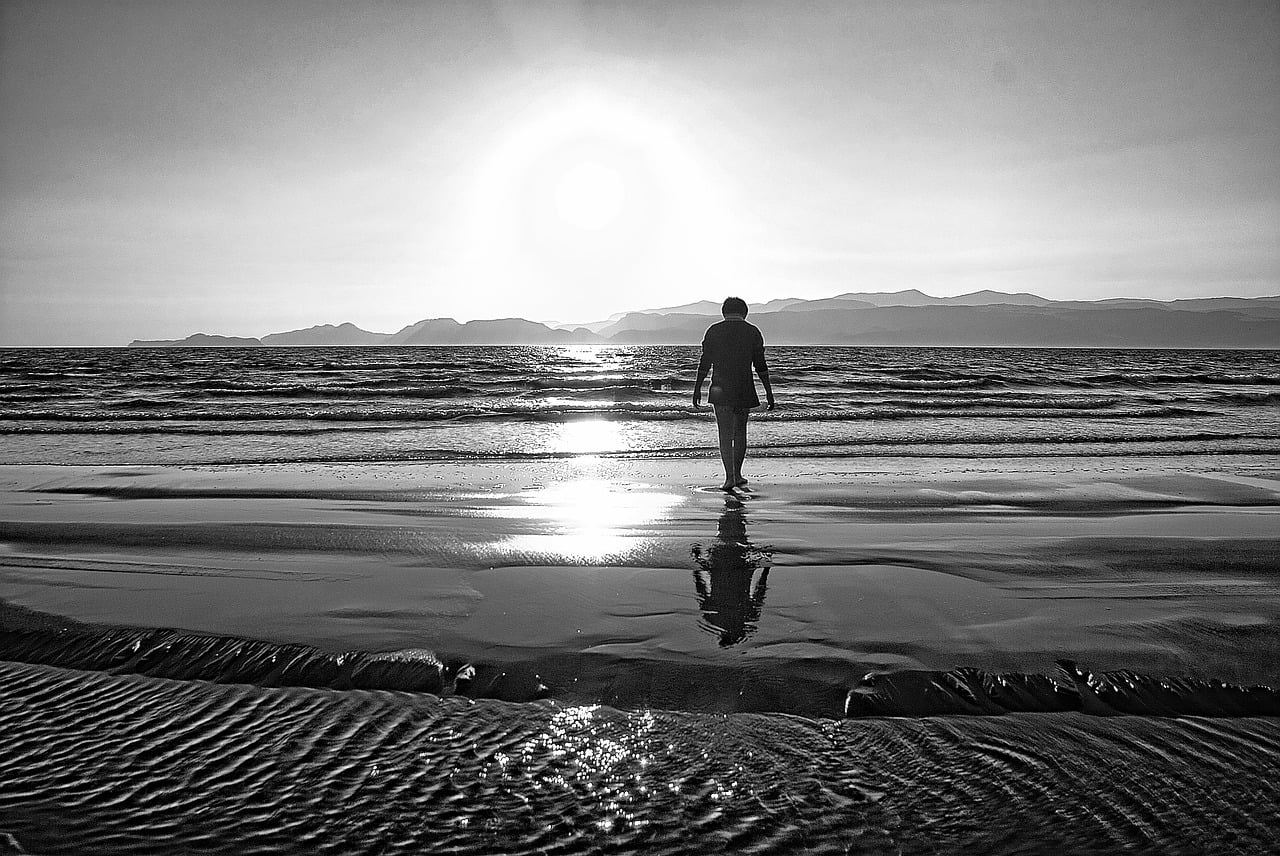I often thought for years that depression was the sole description of what I struggled with until I picked up on the meaning of chronic loneliness.
What is Chronic Loneliness?
There is a difference between being alone and loneliness.
Being alone is a physical state, whereas loneliness is a state of mind, feeling disconnected on an emotional level. It’s quite possible for someone to be in a relationship, married, or even in a crowded room and still feel lonely.
And chronic loneliness is extremely painful. If left untreated, it can not only decrease the quality of one’s life but shorten that lifespan as well.
The Connection Between Chronic Loneliness and Childhood Trauma
Along with Childhood Emotional Neglect (CEN), a key factor to Childhood Post Traumatic Stress Disorder (PTSD) is the constant feeling of being alone in a room filled to the brim, or in a relationship and continuously struggling to form any type of deep connection with another. If this carries on into adulthood, one of the most common symptoms of chronic loneliness can lead to isolation.
Part of this urge to isolate may have been learned as a survival skill during the traumatization. It could also be partially neurological, as in a change in the way your brain developed in the early years due to the lack of attention and connection a child needs with their caregiver(s).
Either way, the end result is that if that trauma/neglect is never acknowledged and healed, chronic loneliness can become an everyday part of one’s adult life.
The Loneliness Epidemic
It’s been stated that up to 60% of American adults felt some degree of loneliness even before COVID-19 invaded our lives.
Yet only during the midst of this pandemic has it finally been brought to light how many people actually struggle with what could be known as the new silent killer.
Some of the signs associated with chronic loneliness may include:
- Inability to connect with others on a deeper, more intimate level.
- No close or best friends. Many times the “best” friend(s) of those who struggle with chronic loneliness tends to be books and/or music.
- Struggles with self-doubt, low self-esteem, and self-worth.
- Social burnout – Feeling exhausted after attending a social function or any type of social activity.
- Feeling alone, even when in the presence of another person and/or people.
- Difficulty reaching out for help.
Loneliness and Your Overall Health
According to www.time.com, loneliness also has clear links to a variety of health problems such as:
- Depression
- Dementia
- Anxiety
- Self-HarmHeart Conditions
- Substance Abuse
Research has linked social isolation and loneliness to higher risks for a variety of other physical and mental conditions as well, including high blood pressure, heart disease, obesity, a weakened immune system, cognitive decline, Alzheimer’s disease, and even death.
The overall health consequences of loneliness are often likened to the effects of smoking 15 cigarettes a day and unfortunately, far more common.
And the worst-case scenario resulting from chronic loneliness is suicide. It has been shown that a significant percentage of those who struggle with loneliness have had thoughts of not only hurting others but unfortunately, suicidal thoughts about themselves as well. With over 35 million Americans now living alone, the social isolation brought about by Covid-19 and the increased stress levels could see a rise in the suicide rate that has already been on the uptake for over a decade.
What Can We Do To Overcome Chronic Loneliness?
Depending on the underlying causes of loneliness, changes to your everyday lifestyle may help in subsiding some of those feelings, but for the most part, chronic loneliness should be addressed by a counselor, therapist, coach, etc. to find out what the root cause(s) are.
In the meantime, you could try to get out of the house more, take up a new hobby or activity, volunteer in your local community, and stay in touch with friends and loved ones.
Because chronic loneliness doesn’t have to keep you held hostage, but the first step is acknowledging it and allowing yourself to be vulnerable enough to open up and ask for help.
And there is absolutely no shame in admitting that you need assistance in dealing with chronic loneliness, because believe it or not, you are far, far, far from being alone in this struggle.

